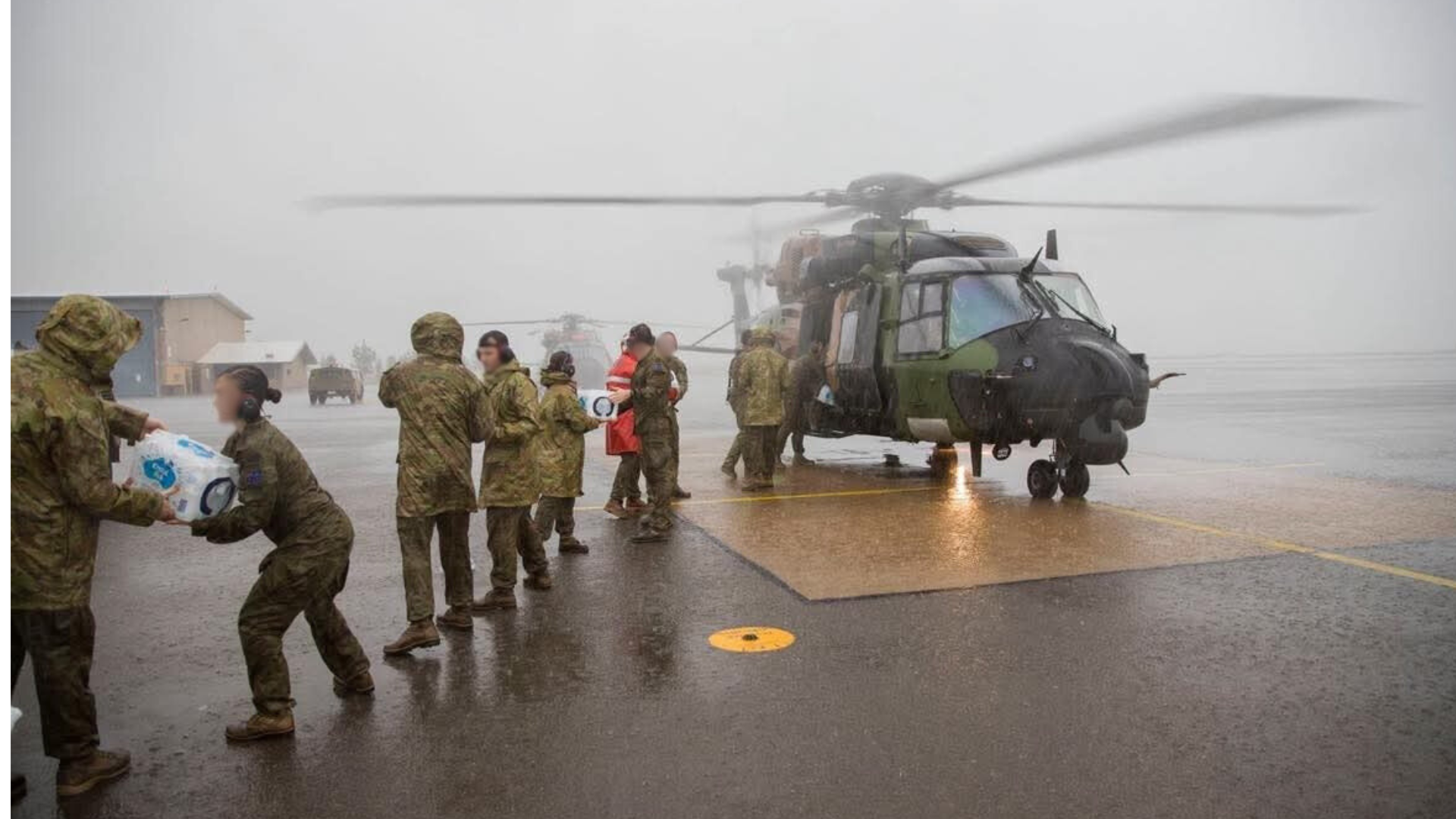
Water Scarcity Issues Faced by Pacific Island Communities
Water scarcity is an urgent issue faced by many small island communities across the Pacific. With limited natural freshwater sources, these communities often rely heavily on rainfall and groundwater, making them particularly vulnerable to changes in climate, weather patterns, and rising sea levels.
- Recent Events
- Challenges Faced by Communities
- Historical and Current Solutions
- Future Work and Climate Change
Recent Events
Recent events highlight the precarious nature of Pacific island water scarcity. For example, in 2022, Tuvalu declared a national emergency after prolonged drought conditions depleted freshwater reserves. Similarly, Kiribati regularly faces groundwater contamination issues, with saltwater intrusion from rising sea levels compromising traditional wells. Additionally, in January 2022, Tonga experienced severe disruption when ashfall from the eruption of the Hunga Tonga–Hunga Ha'apai volcano contaminated rainwater tanks, demonstrating the vulnerability of relying heavily on rainwater collection.
Challenges Faced by Communities
When water supplies are compromised, the impacts are immediate and widespread. Public health deteriorates quickly, with increased incidences of waterborne diseases such as cholera, dysentery, and typhoid fever. Compromised sanitation exacerbates these issues, leading to significant health crises. Agricultural production, dependent on freshwater irrigation, declines sharply, resulting in food insecurity and nutritional deficiencies.
Economically, the consequences are severe. Vital industries such as tourism and fishing are heavily impacted, disrupting livelihoods and contributing to unemployment and economic instability. Socially, water rationing and competition for limited resources often heighten tensions and disproportionately impact vulnerable populations, including women, children, the elderly, and people with disabilities.
Historical and Current Solutions
Pacific island communities have historically employed a mix of traditional and modern methods to cope with water scarcity. Rainwater harvesting, utilising roof catchments and large storage tanks, has been a critical traditional practice. Community-managed wells tapping into underground freshwater lenses have also been essential, although increasingly threatened by seawater intrusion. Small-scale desalination units have provided additional support in managing water shortages.
More recently, technological advancements have introduced sustainable solutions, such as solar-powered desalination systems, improving the reliability and affordability of freshwater supplies. Enhanced rainwater catchment and storage infrastructure, coupled with robust groundwater monitoring and protection programs, have further strengthened community resilience.
International cooperation continues to play a vital role, with organizations like UNICEF, the World Bank, and the Pacific Community (SPC) providing essential support through infrastructure improvements, technical assistance, and technology transfer.
Future Work and Climate Change
Looking forward, addressing water scarcity requires renewed urgency due to the intensifying impacts of climate change. Predictions indicate more frequent extreme weather events, prolonged droughts, and accelerated sea-level rise, threatening existing water resources.
Strategies to enhance climate resilience will need to include the development of adaptive infrastructure such as elevated water storage and flood-resistant desalination plants. Integrated water resource management (IWRM), community-based climate adaptation initiatives, and renewable energy-powered water production systems will also become increasingly important.
Future efforts must focus on research and investment aimed at reducing costs and improving the efficiency of water purification and desalination technologies. Education and capacity building at local levels are crucial to empowering communities to manage their resources effectively and respond promptly in crisis situations. Additionally, continued strengthening of global partnerships, sustained financial commitments, and targeted climate adaptation strategies are essential.
Securing reliable, clean, and sustainable water supplies for Pacific island communities will require collaborative efforts, innovative solutions, and sustained international commitment, both now and for future generations.
Have a look at water purification technologies produced by LEDI, here.


